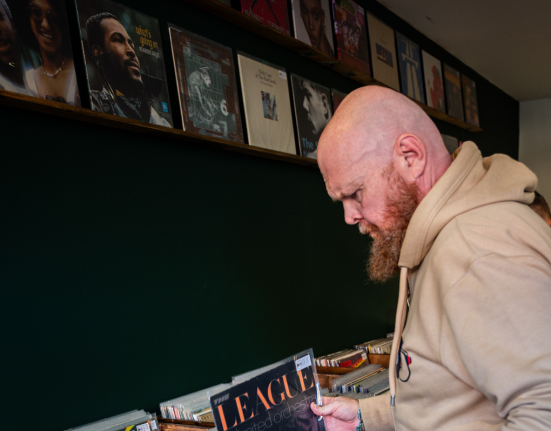Governments replace failed act with new framework for truth and accountability
The UK and Irish governments have unveiled a joint framework to address the unresolved legacy of the Troubles, promising families long-denied answers while introducing new protections for veterans.
The plan was announced at Hillsborough Castle on September 19 by Northern Ireland Secretary Hilary Benn and Tánaiste Simon Harris.
It replaces the widely criticised Legacy Act, passed by the previous UK government, which had shut down more than 1,100 investigations – including over 200 into deaths of Armed Forces personnel – and introduced a controversial immunity scheme for paramilitaries.
Ending immunity and reforming investigations
Under the new framework, the immunity provision will be repealed. Instead, the Independent Commission for Reconciliation and Information Recovery (ICRIR) will be reformed and rebranded as the Legacy Commission, with stronger independence, governance and conflict-of-interest safeguards.
The Commission will become the primary mechanism for examining Troubles-era cases, while a small number of halted inquests will be allowed to resume. Others will undergo independent assessment by the Solicitor General.
Benn described the changes as a chance to make progress on “the unfinished business of the Good Friday Agreement,” adding: “Families who lost loved ones, including relatives of service personnel, deserve fair and transparent answers.”
Six protections for veterans
The new framework also introduces six statutory rights and safeguards for veterans, aimed at ending what ministers called “endless legal uncertainty.”
These include the right not to travel to Northern Ireland to give evidence, protection from repeated investigations, consideration of health and age when providing testimony, and the ability to request anonymity. Veterans will also be shielded from unsolicited approaches, while an advisory group will ensure their voices are heard in shaping the legacy process.
Minister for the Armed Forces Al Carns said the measures would ensure veterans are “treated with dignity and respect” while protecting those who served “so honourably” from being drawn into unnecessary proceedings.
Irish commitments and cross-border co-operation
For its part, the Irish government has pledged full co-operation with the new Commission, including creating a dedicated legacy unit within An Garda Síochána to investigate unresolved Troubles-related cases in the Republic. Legislation will also be introduced in Dublin to guarantee authorities can share information and resources.
In a first, Ireland will provide funding to support legacy mechanisms. Harris said the agreement was “about delivering truth and accountability across both jurisdictions” and reaffirming commitments made under the 2014 Stormont House Agreement.
The two governments also confirmed the creation of a cross-jurisdictional Independent Commission for Information Recovery, offering families another channel to discover what happened to relatives.
Families and victims’ groups consulted
Ahead of the announcement, Benn and Harris met with victims’ organisations including the Pat Finucane Centre, Relatives for Justice, SEFF and WAVE, as well as the Victims and Survivors Forum. The framework, officials said, was designed to restore trust among communities who felt abandoned by the Legacy Act.
Benn admitted the previous government’s approach had caused “pain and anguish,” but urged affected communities to “give this plan a fair chance.”
Armed forces and charities respond
Lt Gen Sir Nick Pope, chair of Cobseo, the Confederation of Service Charities, welcomed the safeguards, describing legacy as a “deeply challenging and complex area.” He said armed forces charities stood ready to support veterans and families navigating the new system.
The Ministry of Defence will provide a standard witness statement for veterans and appoint an independent advisor with operational experience to support investigations.
Towards closure
The governments said the new package would balance the rights of victims with protections for those who served, ensuring dignity while pursuing truth. By re-establishing investigative pathways and cross-border co-operation, they hope to revive the Good Friday Agreement’s long-held but unfinished promise: to address and acknowledge the suffering of all who endured the conflict.







